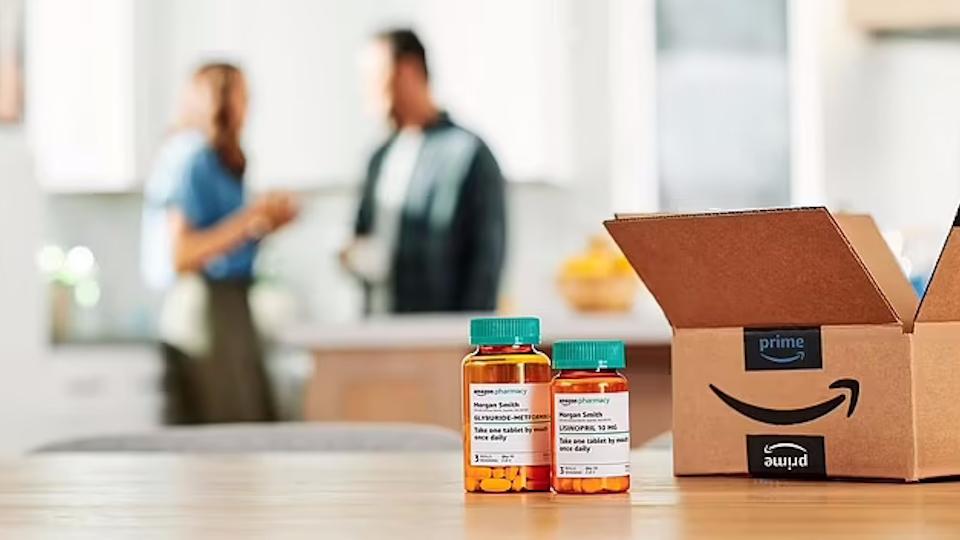Amazon extends $5 generic subscription service to Medicare

Amazon’s pharmacy division is expanding its $5-per-month subscription service for generic medicines, making it available for patients enrolled in Medicare.
The RxPass service, which launched last year, ships generic medicines to patients’ homes in return for the subscription fee, as long as they are also Amazon Prime members. It is a central part of Amazon’s efforts to challenge the established bricks-and-mortar pharmacy chains like CVS, Walgreens, Walmart, and Rite Aid.
Since then, the number of generic medicines covered by the service has increased from 50 to 60, including widely used therapies for chronic diseases like high blood pressure, diabetes, cancer, and central nervous system disorders.
According to Amazon, extending the scheme to include Medicare makes it an option for around 50 million people in the US.
The company claims that a Medicare beneficiary who takes at least one drug through RxPass could save approximately $70 per year in out-of-pocket costs and – if all eligible patients used the service – it could reduce total Medicare spending by almost $2 billion.
Medicare’s spending on prescription drugs grew from less than $2 billion in 2000 – before the introduction of a prescription drug benefit in 2006 – to $130 billion in 2022, according to data from the Peter G Peterson Foundation.
RxPass offers up to 80% off the cost of generics and up to 40% off the cost of brand-name medicines for members with or without insurance. The $5 monthly charge covers the cost of delivery and is added to the regular Prime subscription, with medicines delivered on either a monthly or quarterly basis. It also provides round-the-clock access to pharmacists.
“Programmes like RxPass help reduce cost, while increasing convenience for caregivers, and customers of all ages, which is shown to improve medication adherence and support better health outcomes,” said John Love, vice president of Amazon Pharmacy.
“Many people don’t realise that, even if you have great insurance, you can still save on select medications by using programmes like RxPass,” he added. “The overall cost of medications can be lower, and that’s not even factoring in the time and effort saved from not having to drive to a pharmacy or stand in line.”
It is estimated that around 16 million people in the US live in “pharmacy desert” communities, which span urban and rural settings in all 50 states and tend to have a higher proportion of people with a high school education or less, no health insurance, low English ability, ambulatory disabilities, and identify as being in a racial or ethnic minority.
“There are a high number of adults who, whether due to cost, mobility, or simply not having time to collect their medications from the pharmacy, are not adhering to a medication regimen that could be life-saving,” said Dr Vin Gupta, chief medical officer of Amazon Pharmacy.
“When a patient’s medication arrives regularly at their door, at a price they can afford, we see better long-term health outcomes.”
More than 67 million people in the US are enrolled in Medicare, a federal health insurance scheme for individuals 65 or older and certain younger people with health issues like long-term disability, end-stage kidney disease or amyotrophic lateral sclerosis (ALS).












